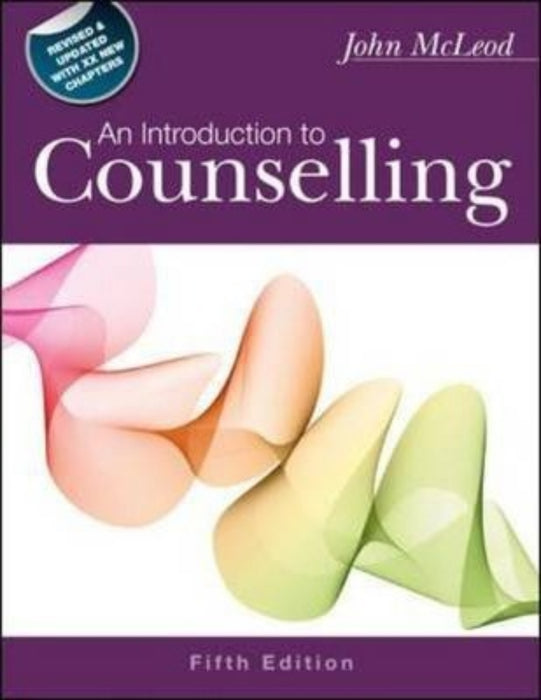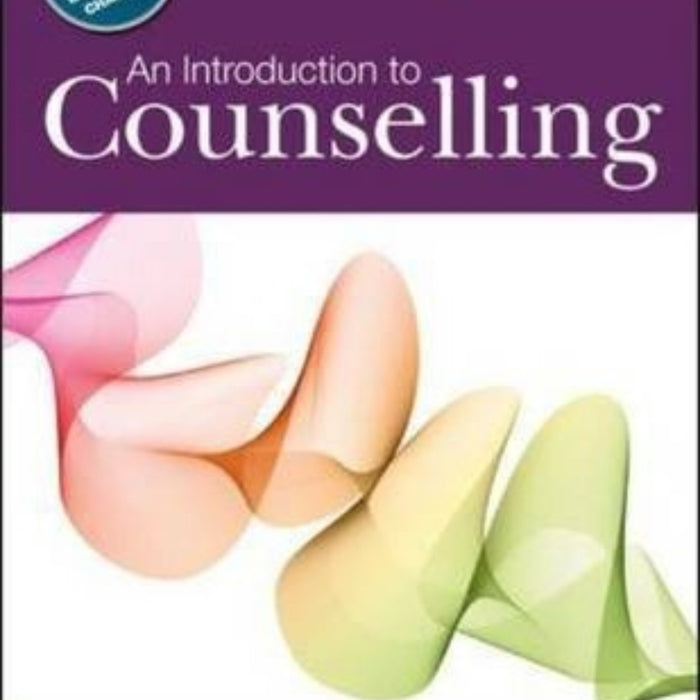An Introduction To Counselling 5th Edition by John McLeod
- Publisher: PSYCHOLOGY
- Availability: In Stock
- SKU: 30844
- Number of Pages: 750
Rs.1,490.00
Rs.1,995.00
Tags: An Introduction to Counselling , An Introduction to Counselling 5th edition , best books , Best Price , Best Selling Books , Client-centered therapy , Clinical counselling , Cognitive-behavioral counselling , Counselling 5th edition , Counselling and psychotherapy , Counselling case studies , Counselling for beginners , Counselling fundamentals , Counselling handbook , Counselling psychology , Counselling skills , Counselling techniques , Counselling textbook , Counselling theories , Educational counselling , Ethical issues in counselling , Humanistic counselling , Introduction to Counselling book , John McLeod , John McLeod book , John McLeod counselling , Mental health counselling , Modern counselling approaches , ONLINE BOOKS , Online Bookshop , Professional counselling guide , Psychodynamic counselling , Psychological counselling , Student counselling book , Therapy and counselling
An Introduction to Counselling (5th Edition)
Author: John McLeod
Overview:
This book is a comprehensive guide to the field of counseling and psychotherapy, offering insights into theories, skills, and professional practice. It is widely regarded as a foundational text for students and practitioners in the field.
Key Features:
✅ Covers All Major Counseling Approaches:
- Psychoanalytic & Psychodynamic Therapy – Freud, Jung, and object relations.
- Humanistic Therapy – Person-centered, Gestalt, and existential approaches.
- Cognitive-Behavioral Therapy (CBT) – Thought patterns and behavioral change techniques.
- Integrative & Eclectic Models – The blending of multiple therapeutic approaches.
- Postmodern & Contemporary Therapies – Narrative therapy, solution-focused therapy, and mindfulness.
✅ Practical Application & Skills Development:
- Core Counseling Skills – Active listening, empathy, questioning techniques, and rapport-building.
- Case Studies & Real-World Examples – Illustrates practical applications of theories.
- Ethical Considerations – Covers issues like confidentiality, informed consent, and professional boundaries.
- Diversity & Cultural Sensitivity – Addresses the importance of adapting therapy to different cultural contexts.
✅ Suitable for:
📌 Students of Psychology & Counseling – Perfect for introductory and advanced courses.
📌 Trainee & Practicing Counselors – A helpful reference for developing therapeutic skills.
📌 Anyone Interested in Therapy – Provides an accessible entry point into counseling.
Conclusion:
This 5th edition updates key concepts and practices, making it one of the most trusted and widely used texts in counseling education. With its clear explanations, engaging case studies, and practical guidance, it is an essential resource for anyone looking to understand or practice counseling effectively.

























